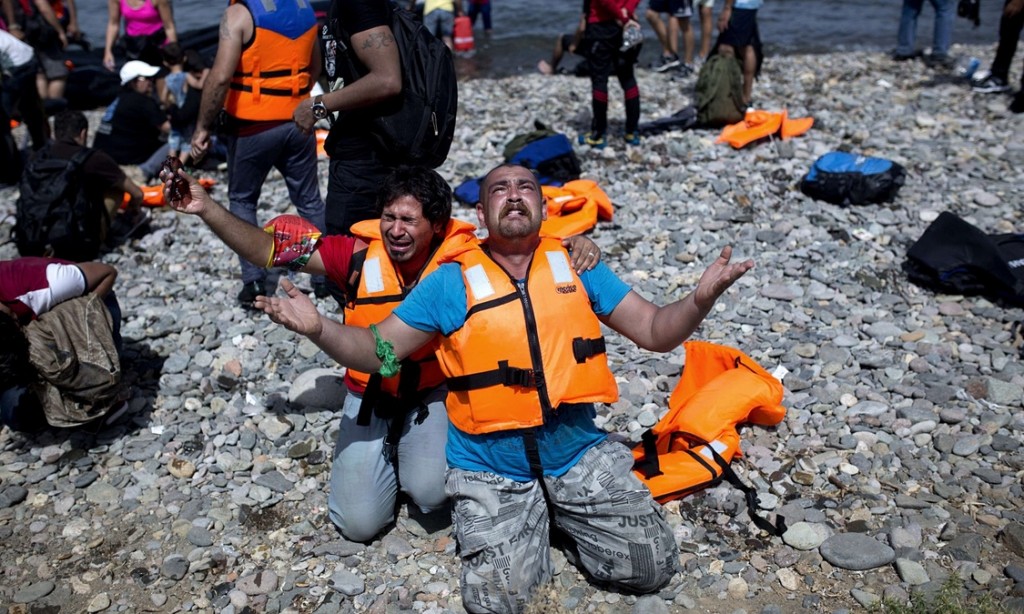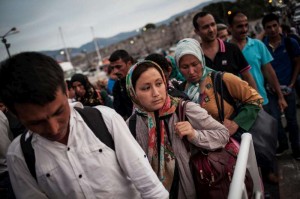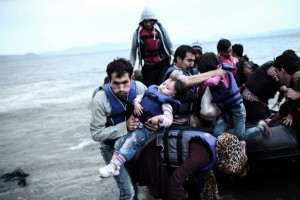Latest News
Afghanistan second-largest refugee group after Syria
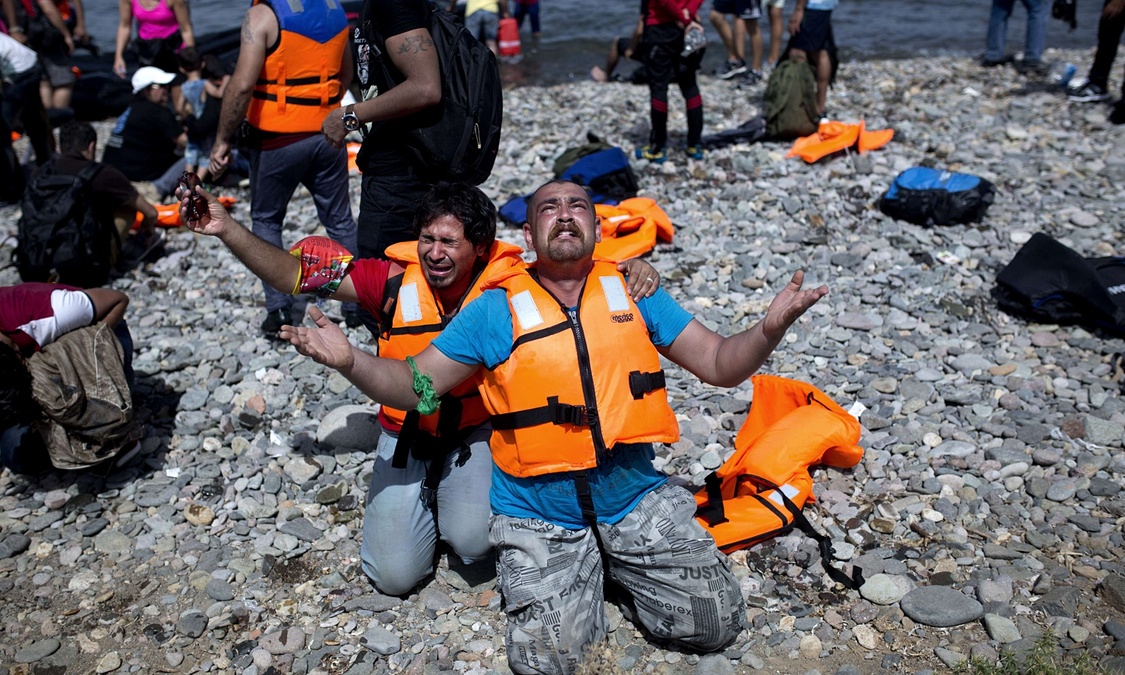
Until last year, Afghans were the largest global refugee population at 2.6 million people – almost 10 percent of the country’s entire population.
Today, estimated at 12 percent, they Afghans ranked as the second largest group after Syrians to have reached European shores and borders.
According to the United Nations’ refugee agency, UNHCR, more than 40,000 Afghans have sought asylum in Europe from January until August this year.
Today an estimated 2.6 million Afghan remain in exile- mainly hosted by Pakistan and the Islamic Republic of Iran.
Pakistan is the second largest refugee-hosting country in the world, hosting around 1.5 million Afghan refugees, a figure that accounts for 10.5 per cent of the total global refugee population. Iran hosts around 950,000 Afghan refugees.
Although tragedies that have befallen Afghan refugees for decades have not made the headlines in Western media, many have died dreadful deaths or have endured untold hardships.
Many families are still waiting to hear news of loved ones that have simply vanished en route to a better life.
While the dire security situation prompts many Afghans to risk everything, others flee because of the country’s economic stagnation and staggering unemployment rates.
“Migrations do not occur arbitrary, due to lots of pressure, escaping from investment, work and brain drain are the main reason,” Sayed Masoud, Afghan economic analyst said.
Unemployment has reached record heights. Domestic and foreign investments have halted, and the flight of capital is becoming a critical issue. Projects attached to international aid – one of the largest sources of employment in the past decade – have, for the most part, shut down or been placed in hibernation.
Meanwhile, a number of Wolesi Jirga members accept problems of Afghan youths in the country but urged all of them that instead of escaping the country they should use the power of their initiative.
Germany and other Western states may show generosity in accepting refugees, but unless the world revamps the Afghan economy and seriously engages in the restoration of security, the brain drain will gravely reverse the trillion-dollar global effort in rehabilitating and stabilising Afghanistan.
Deteriorating security and growing fears for the future contributed to an increasing number of Afghans fleeing their homes for other countries, or choosing not to return home from overseas.
The number of Afghans seeking safety outside the country also grew, with some making dangerous journeys from Afghanistan through the mountains into Iran toward Europe or by boat to Australia. The number of refugees returning to Afghanistan from neighboring countries has fallen in recent years.

Latest News
Southern Afghanistan recorded among top three wettest Aprils in 40 years
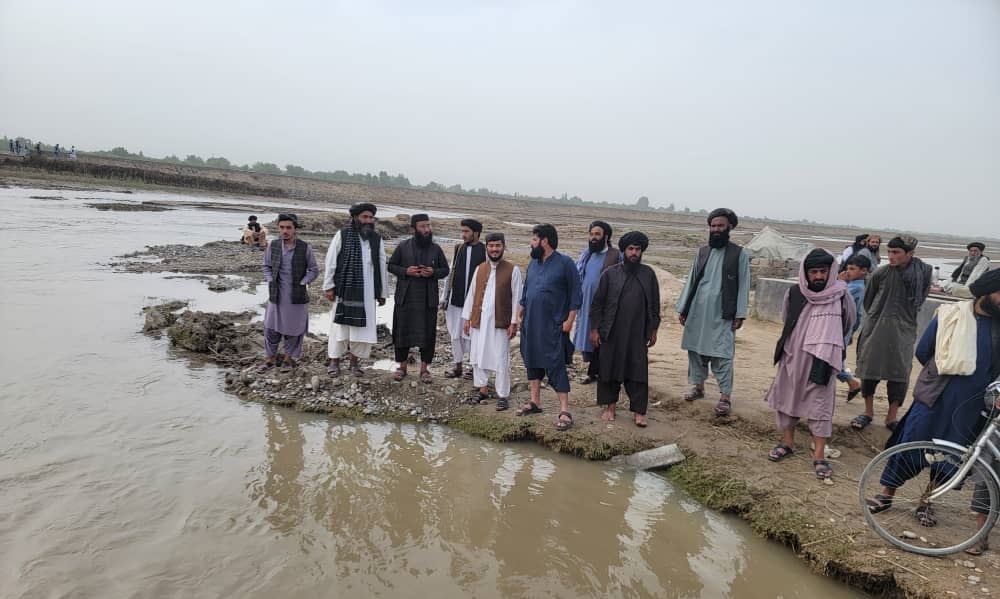
Southern Afghanistan recorded among the top three wettest Aprils in the last 40 years, a specialist U.S.-based agency said on Monday.
In general, the precipitation in April has supported standing crops in northern, northeastern, and western parts of the country, but flooding has affected around 10,000 acres of agricultural land, particularly in eastern and southeastern parts of the country, the Famine Early Warning Systems Network (FEWS NET) said in a report.
The recent precipitation has also positively contributed to pasture conditions across the country, except in the central highlands, where temperatures are still typically low, according to the report.
As the precipitation season concludes, household access to food and income is expected to improve with the start of the harvest and agricultural labor opportunities, the report said.
Latest News
Iranian official: Only vulnerable points of Afghanistan’s border will be walled and fenced
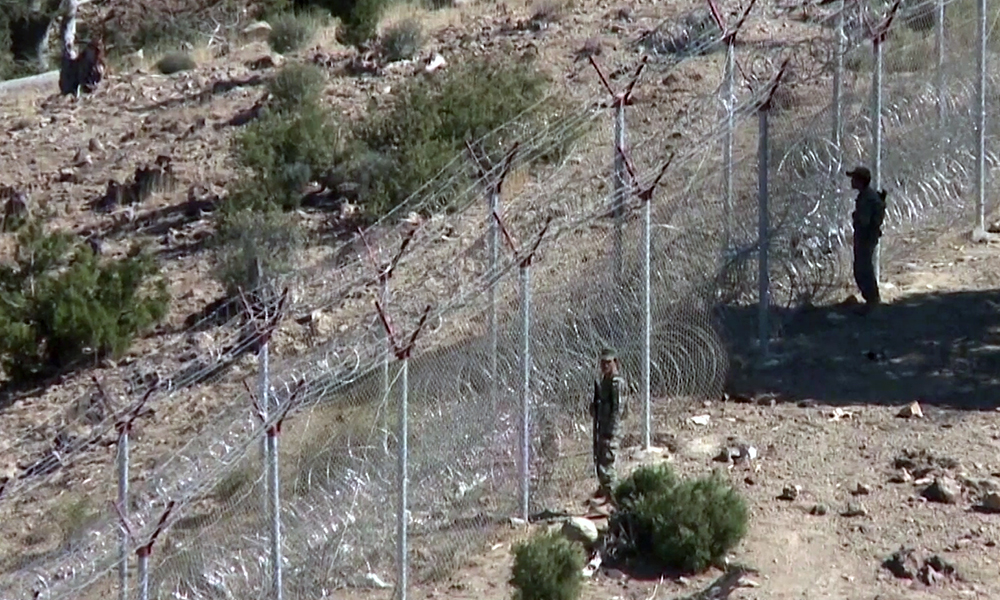
An Iranian security official has said that the entire border of Iran with Afghanistan will not be fenced, rather barriers will be created only at vulnerable points.
Iranian army has announced that the plan to create barriers at the border with a four-meter concrete wall, barbed wire and fence will be implemented within three years.
“In some northwestern and eastern borders, there are threats from the other side of the borders that we are countering,” said Qassem Rezaei, Iran’s deputy police commander.
He added that drug trafficking, human trafficking, and even terrorist infiltration may take place through these borders.
Meanwhile, the Minister of Interior of Iran Ahmad Vahidi has announced that over 1.3 million illegal foreign nationals have returned to their country in the past year.
He added that illegal citizens should leave Iran as they are not allowed to stay.
Latest News
Hanafi meets WHO regional director, stresses need for cooperation
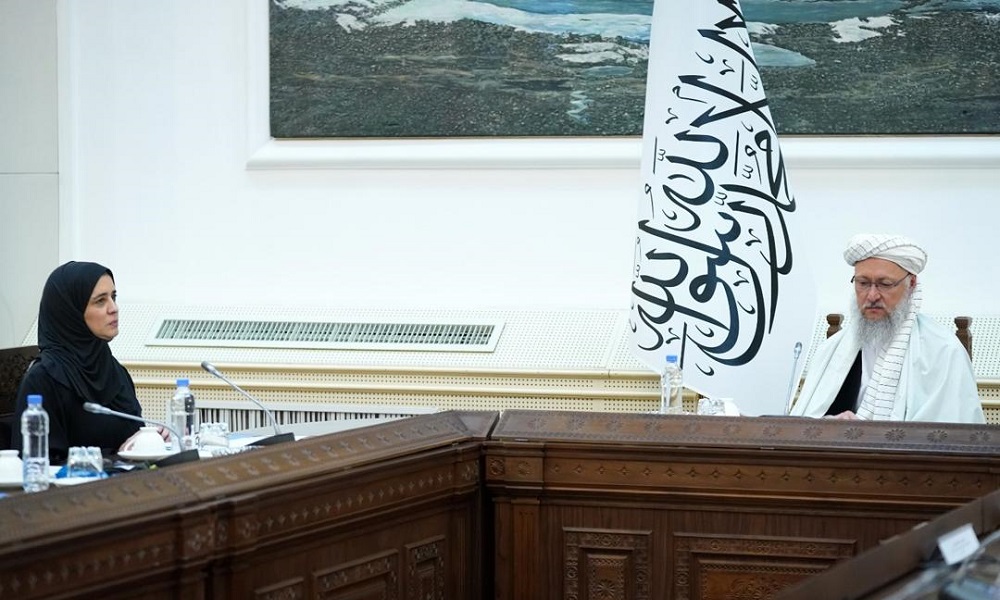
Deputy Prime Minister for Administrative Affairs Abdul Salam Hanafi on Sunday met with WHO Regional Director for the Eastern Mediterranean, Hanan Balkhy, and called for the organization’s cooperation including in the establishment of clinics in remote areas and training of specialists.
According to a statement released by his office, Hanafi pointed out that since the Islamic Emirate in Afghanistan regained power, there has been progress in various fields, including the fight against drug production and trafficking, the roundup and treatment of drug addicts, the eradication of corruption and nationwide security.
He asked the WHO to hand over Afghanistan’s seat to the representative of the Islamic Emirate and restore Afghanistan’s membership in meetings of the executive board and leadership meetings of the Mediterranean region.
Hanafi also called for the cooperation of international organizations in providing alternative livelihoods for poppy farmers and in providing assistance to flood victims.
While stressing that the eradication of polio is one of the priorities of the Islamic Emirate, Hanafi asked the WHO to activate polio diagnosis laboratories and supply vaccines, establish a cancer treatment center, prevent malnutrition among children and provide safe drinking water.
According to the statement, WHO official Balkhy said in the meeting that the health issue is non-political and one of the priorities of the organization.
She pointed to the achievements of the Islamic Emirate in various fields and expressed hope that better conditions will be provided for Afghans in the health and education sector.
Balkhy explained that WHO, together with other international organizations and the European Union, has a three-year project that includes the establishment of health centers in different provinces of Afghanistan.
She also expressed her appreciation for the efforts of the Islamic Emirate in the fight against polio and added that she will discuss the issue of providing alternative livelihoods for Afghan farmers with the WHO and other relevant organizations.
-

 Sport5 days ago
Sport5 days agoSorkh Poshan Khafi and Khadim FC winners in their ACL matches
-
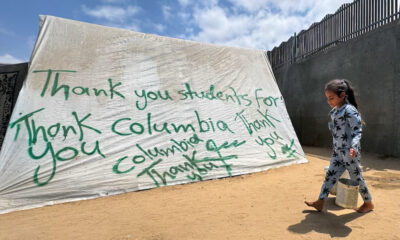
 World4 days ago
World4 days agoWhy Palestinians can count on American students but not Arab allies to protest
-

 Sport4 days ago
Sport4 days agoAbu Muslim and Attack Energy win in ACL matches
-

 Sport5 days ago
Sport5 days agoBairstow, Rossouw help Punjab beat Chennai in IPL
-

 Sport5 days ago
Sport5 days agoFour Afghans included in Refugee Olympic Team for Paris 2024
-
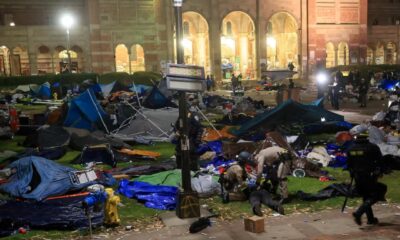
 World5 days ago
World5 days agoCalifornia police flatten pro-Palestinian camp at UCLA, arrest protesters
-

 Latest News5 days ago
Latest News5 days agoFive dead, 24 injured in traffic accident in Samangan
-

 Regional4 days ago
Regional4 days agoTurkey halts all trade with Israel, cites worsening Palestinian situation

